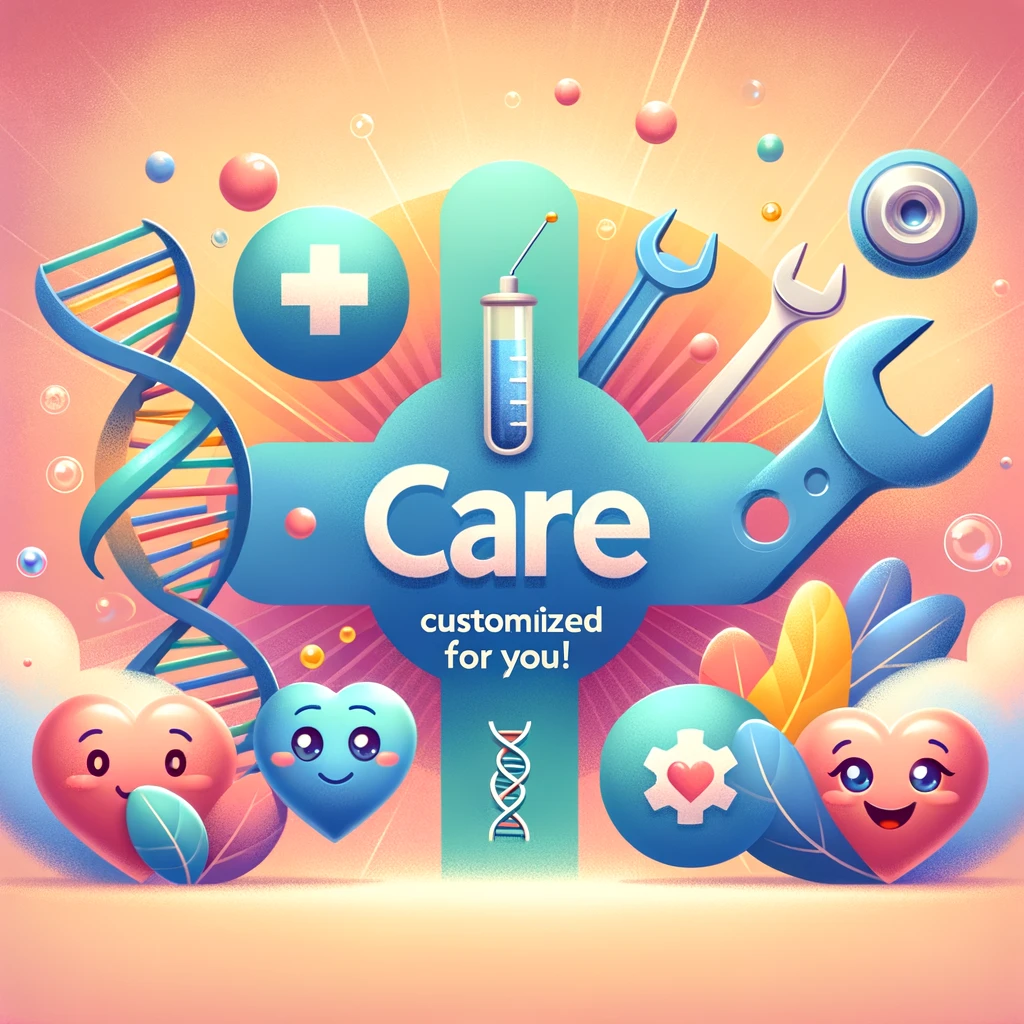
Care Customized for You! 😷🧬🛠️💖
Personalized Medicine and Custom Devices
The landscape of healthcare is experiencing a seismic shift as personalized medicine and custom devices become increasingly prevalent. These innovations herald a new era in medical treatment and device sales, promising to tailor healthcare like never before to individual patient needs, genetic profiles, and specific conditions.
What is Personalized Medicine?
Personalized medicine is a medical model that separates patients into different groups—with medical decisions, practices, treatments, and products being tailored to the individual patient based on their predicted response or risk of disease. The nuances of a patient’s genetic content, metabolism, and lifestyle all play critical roles in the development of personalized medicine, allowing for more precise, predictable, and effective treatments.
The Surge of Custom Medical Devices
Custom medical devices, often created with 3D printing technology, are devices that are designed to fit the unique anatomy or requirements of a patient. These can range from custom-made knee implants to tailor-fit hearing aids, and from individually designed orthodontic devices to personalized prosthetics. The rise of these devices has been bolstered by advancements in imaging and printing technologies, making it easier and more cost-effective to produce them.
Impact on Sales and Marketing
- The paradigm shift towards personalized medicine and custom devices brings with it a host of challenges and opportunities for sales professionals in the healthcare industry. Here are a few key considerations:
- Educational Selling: Sales representatives must become adept at educational selling, where they not only promote a product but also educate healthcare professionals about the genetic, biomarker, and technological underpinnings that make personalized medicine possible.
- Value-Based Discussions: With healthcare payers scrutinizing costs more closely, sales teams must be prepared to engage in value-based discussions. They need to demonstrate how personalized medicine can lead to better health outcomes and can be cost-effective in the long run.
- Data Management: Sales strategies must pivot to incorporate data management solutions. Healthcare providers will rely heavily on big data and analytics to understand patient populations and tailor treatments accordingly. Sales reps should be conversant with data management tools that support personalized medicine.
- Regulatory Knowledge: Regulations for custom devices can be complex and varied, depending on the region and type of product. Sales professionals must be well-versed in these regulations to navigate the landscape effectively.
- Strategic Partnerships: Success in this space may often require forming strategic partnerships with biotech firms, software developers, and 3D printing companies. These alliances can provide the comprehensive solutions that healthcare providers are looking for.
Customer Relationship Management (CRM): In the era of personalized medicine, CRM systems need to be more robust, integrating patient data to help track outcomes and refine product offerings.
Conclusion
As personalized medicine and custom devices carve out a significant niche in healthcare, the sales frontier is bound to expand and evolve. The next generation of sales professionals in this field will need to be not only experts in their products but also conversant in genomics, data analytics, and regulatory affairs. They will need to be educators and advisers, not just salespeople, fostering long-term relationships with healthcare providers and patients alike.
Embracing this new frontier will require a fresh approach, one that integrates cutting-edge technology and a deep understanding of patient-centered care. For those ready to adapt, the rewards—both in terms of professional growth and contributions to improved patient outcomes—will be considerable.








